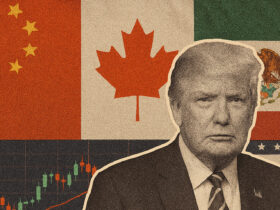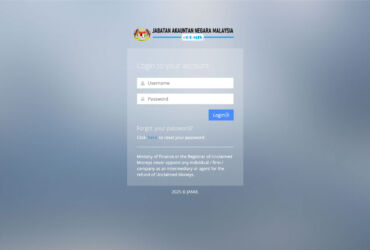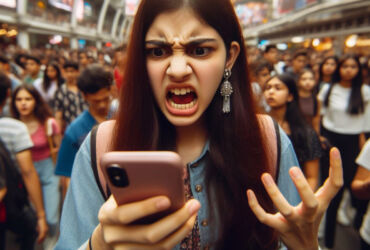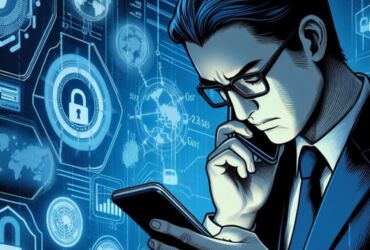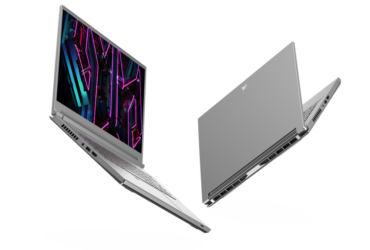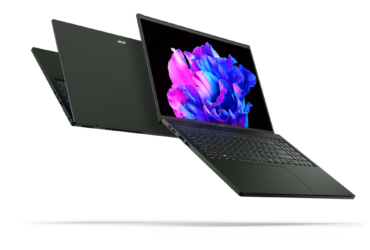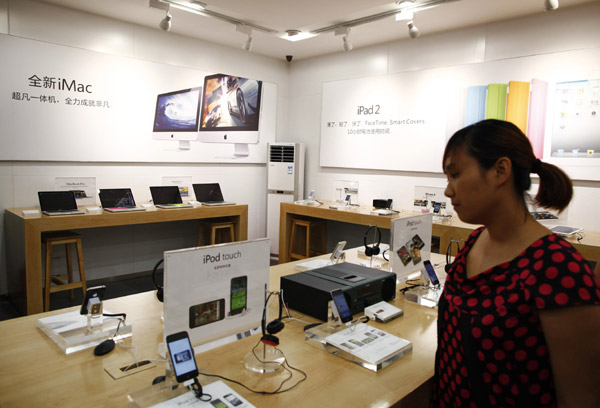
Two of five fake Apple Retail Stores in Kunming, capital of Southwest China’s Yunnan province which have be operating without business licenses, have been closed by local authorities. Authorities are also waiting for Apple to respond before they decide on whether they will close the other three unlicensed stores.
The fake Apple Retail Stores have been getting substantial media attention globally, and subsequently, customer traffic to the stores have also increased. The stores blatantly infringes intellectual property rights by mimicking the design of Apple’s store fronts.
[ad#Google Adsense 336×280]
Apparently some staff didn’t even realize the shops were not actual Apple stores.
China is the haven for fake goods, where copyright and intellectual property laws are lax and under-enforced. Cities like Shenzhen and Guangzhou are infamous for knock-offs of your favourite electronics brands. iPhone, iPads, iPod touches and even MacBooks knock-offs are widespread, costing a fraction of the price. Some buyers can’t tell the difference (and some don’t care!).
China has four authorized Apple stores in Beijing and Shanghai. Apple sees China as a key market and plans to open more stores in the future. In comparison, Apple has 236 retail stores in the United States.

The first two retail stores opened their doors in McLean, Virginia and Glendale, California in 2001. The stores have been a runaway success, silencing critics who were skeptical about Apple’s store endeavor. In 2010 alone, over 230 million people walked through the doors of an Apple Retail Store. In the same year, Apple reported a whopping $9 billion in retail sales alone and $2.4 billion in retail profit. In the first two fiscal quarters of 2011, Apple reported sales of over $7 billion, and a profit of $1.8 billion.
Is there a fake Apple Retail Store near you?
Source: China Daily, MacWorld


